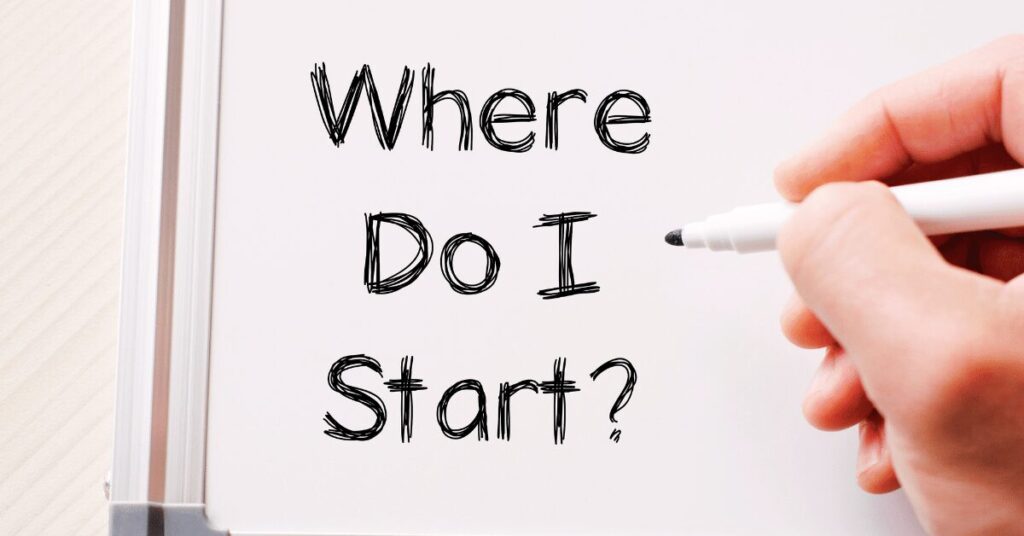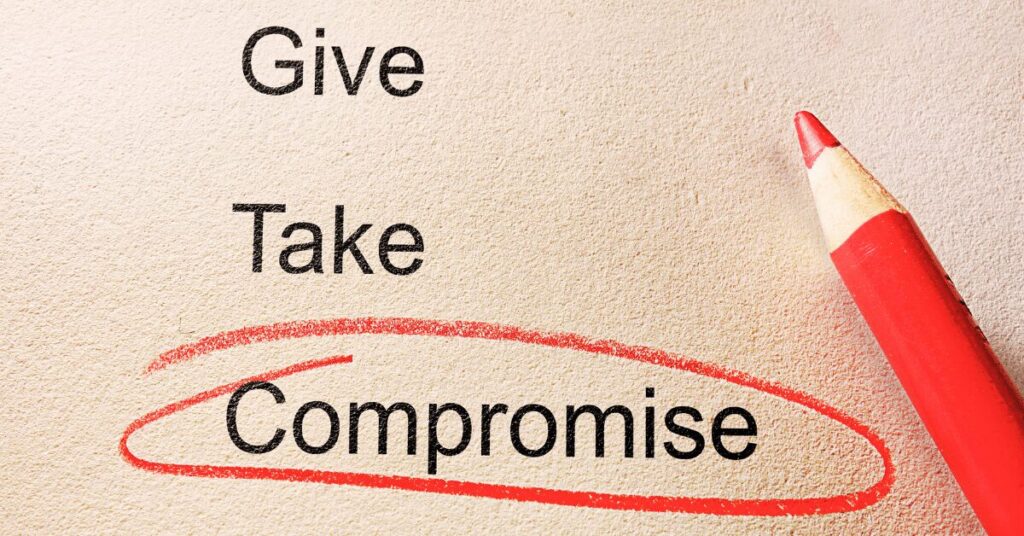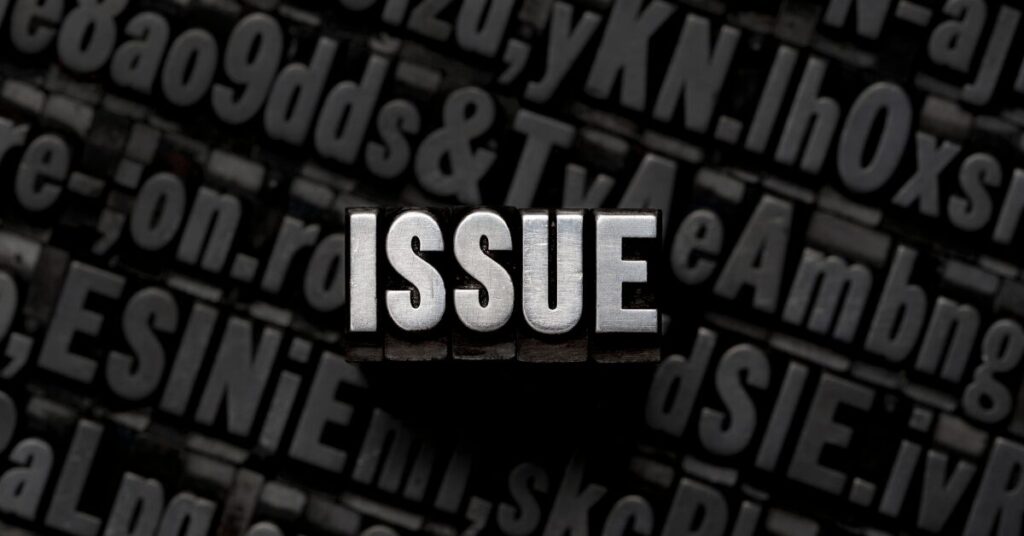Table of Contents
Disagreements are inevitable in any relationship. When you spend a lot of time with someone and become deeply connected, you are bound to disagree and sometimes clash. These disagreements or conflicts can arise over big things like finances, family planning, or major life decisions. But they can also erupt over smaller issues like chores, in-laws, driving styles, or annoying habits.
Conflict itself isn’t necessarily a bad thing. Disagreements handled constructively can bring you and your partner closer and strengthen intimacy. The key is learning positive conflict resolution skills and applying them consistently. You and your partner can get good at fighting fairly with practice and patience.
In this article, we’ll share practical conflict resolution techniques that can transform how you handle disagreements and help you build a stronger connection. Whether you’ve been with your partner for decades or just started dating, these tips can serve any relationship for years.
Don’t Avoid Conflict

Sometimes, it’s natural to want to sweep issues under the rug to avoid rocking the boat. If your partner does something that bothers you, you may let it slide rather than speak up. You might tell yourself it’s not a big deal, or it will get better over time. However, unresolved problems will fester and gradually erode your bond.
When you finally address problems down the road, emotions often boil over, and fights get heated. You and your partner may be more prone to yell, criticize, and toss out blame instead of trying to work through issues calmly. This dynamic does nothing good for your relationship.
It’s unhealthy to be conflict-avoidant, and it prevents growth. You must air disagreements and work through them to maintain a strong connection.
Pick Your Battles

As you improve at speaking up, beware of going overboard and nitpicking every little thing. Your partner may always leave socks on the bedroom floor, not rinse dishes before loading the dishwasher, or chew too loudly. Getting irritated over totally insignificant things can damage your relationship.
Consider having a heart-to-heart and agreeing to get better at picking battles. Recognize when you are majoring in minors and criticize every minor imperfection. Save feedback for the big issues rather than constantly complaining over meaningless annoyances.
Use “I” Statements

Blaming your partner whenever you argue often makes them resistant to working through problems. Sentences starting with “you” put people on the defensive fast.
Instead, start sentences with “I” and focus on how your partner’s actions affect your feelings. For example, “I feel hurt when you don’t thank me for cooking dinner.” This gentler approach focuses on resolving the issue, not attacking your partner’s character.
Also, avoid absolutist “always” and “never” statements that can escalate things. Speaking calmly about your feelings improves communication and outcomes.
Validate Your Partner’s Perspective

It’s easy to get wrapped up in your viewpoint during an argument. In the heat of the moment, it’s tempting to think your perspective is the only valid one. But, focussing only on your viewpoint makes it impossible to find common ground.
Take a step back and try to see your partner’s perspective. Ask them questions so you fully understand where they are coming from and why they feel that way. Even when you disagree, acknowledge when they make good points.
Letting your partner know you see validity in their views makes them more open to considering yours. Validating their perspective is essential for resolving conflict.
Be Willing to Compromise

Early on, you may have seen compromising as surrendering – if you couldn’t see eye-to-eye, someone had to “lose.” But in a healthy relationship, it’s all about give and take to arrive at mutual solutions.
Approach conflict with an attitude of “how can we solve this together?” You’ll be more likely to find a resolution you both can live with. Compromise requires sacrifice from both people, but the outcome leaves you both feeling like winners.
Take a Break if Needed

You and your partner may have very different conflict styles. One of you may yell while the other shuts down. This dynamic is a recipe for getting nowhere fast.
Institute a “time-out” rule allowing either person to pause the argument if it spins out of control. Stepping away briefly can calm hot tempers. Even a 10-15 minute break prevents things from escalating into a full-blown fight. It lets you restart the chat from a calmer place.
Forgive and Let Go of Resentment

It’s tempting to hold onto anger and replay arguments long after they occur. But rehashing old issues prevents you from moving forward. Holding your partner’s past mistakes against them breeds more unhappiness and conflict.
After working through a disagreement, make every effort to forgive and leave the argument in the past where it belongs. Don’t keep score of who was right or wrong – holding resentments will only damage your relationship over time.
Focus on the Issue, Not Personality

When a certain behavior drives you crazy, it doesn’t necessarily reflect a character flaw. Your super-patient partner may be irritated by your urgency. But getting upset over their slower pace is taking it too personally.
Focus on the behavior itself. Say, “I want to talk about how we’ve missed payments. What can we do differently moving forward?” When you focus on the behavior itself, this makes the discussion about tackling the problem, not attacking your partner.
Keep Communicating and Checking In

Your partner may not voluntarily bring up issues like you do. However, avoiding important discussions damages relationships. Make a point of regularly checking in on the relationship and addressing any lingering disagreements.
Even when life gets busy, make time each week to connect emotionally and resolve conflicts. Keeping communication open prevents little problems from turning into huge ones.
The Bottom Line – Conflict Resolution Is A Skill

Conflict resolution skills only come naturally to some people. But with practice, patience, and the right techniques, you and your partner can resolve disagreements peacefully. The key mindset is seeking “win-win” solutions where neither side feels slighted.
If you hit roadblocks, don’t be afraid to seek counseling. Having a neutral third-party mediator can do wonders. Maintaining a healthy, happy relationship is worth the effort to master the art of fighting fair. It will serve you for years to come.
Live Your Life & Love It!!
FAQs
What are the conflict resolution techniques in relationships?
Key conflict resolution techniques include using “I” statements, validating your partner’s perspective, compromising, and taking breaks if needed. Focus on resolving the issue together, not attacking your partner’s character.
What is a constructive approach to resolving conflict in a relationship?
A constructive approach involves communicating openly, listening, compromising, and looking for win-win solutions where neither partner feels slighted. Make the relationship the priority, not winning the argument.
How do you handle conflict maturely?
To handle conflict maturely, stay calm, focus on the present issue, listen to understand, validate feelings, and work together towards resolution. Avoid blame, leaks, yelling.
What’s the best way to deal with conflict?
Listening, validating, compromising and communicating kindly are often the best ways to resolve conflicts. Staying constructive keeps the relationship strong.









